Your Car’s an Investment – Protect It
You rely on your car every day, and you have a lot of money tied up in it. It’s probably one of the more valuable things you own…so make sure you get the most out of that investment:
Oil changes: Changing your motor oil at regular intervals will ensure long engine life by cutting wear and friction and helping to prevent the buildup of sludge 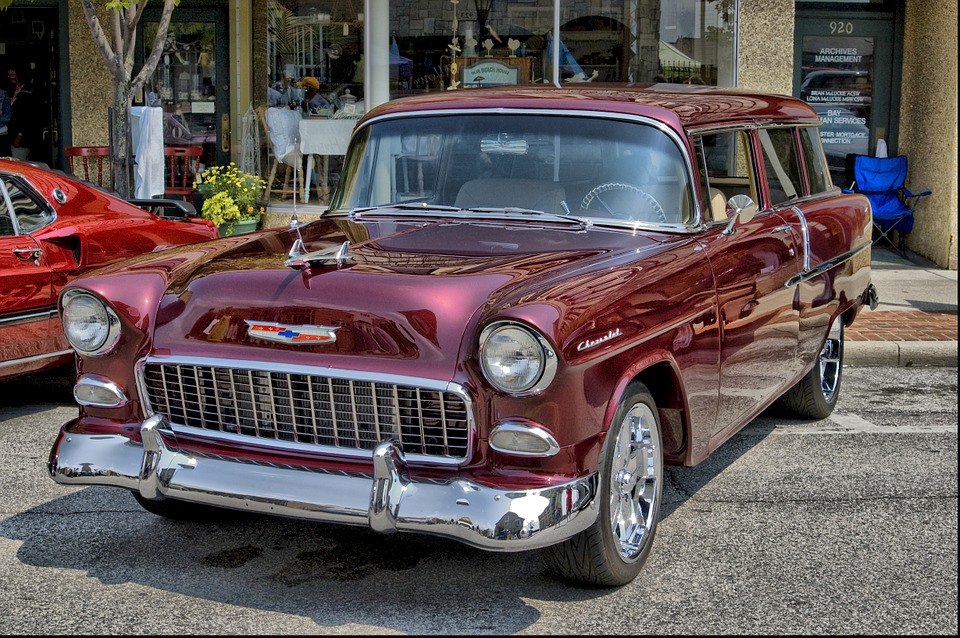 and carbon on internal engine assemblies.
and carbon on internal engine assemblies.
Cooling system: Older cast-iron engines could overheat with no serious consequences, but not so with today’s aluminum blocks and heads. Your engine’s coolant has a finite life and should be changed and flushed at regular intervals to prevent accumulation of scale and corrosion in the radiator, heater core and water pump.
Finish: ...[more]
What To Do With Those Old Tires
Every year, about 290 million tires are discarded; of those, about 233 million are recycled in one way or another. Shredded tires can be used for playground surfaces, welcome mats, hot-melt asphalt, bark mulch and even made into building material for “green” construction.
But what can you do with your old tires? Here are some ideas:
--Fill a tractor tire with sand to make a great sandbox for kids
--Hang a tire from a rope as a tire swing
--Stack a couple of tires on top of each other, bolt them together and paint them a cheerful color, then use them as a planter
--Lay two rows of tires next to each other, somewhat staggered, and use them for broken-field running as part of football conditioning
--Bolt two tires togeth ...[more]
So…Many…Kinds…of Tires
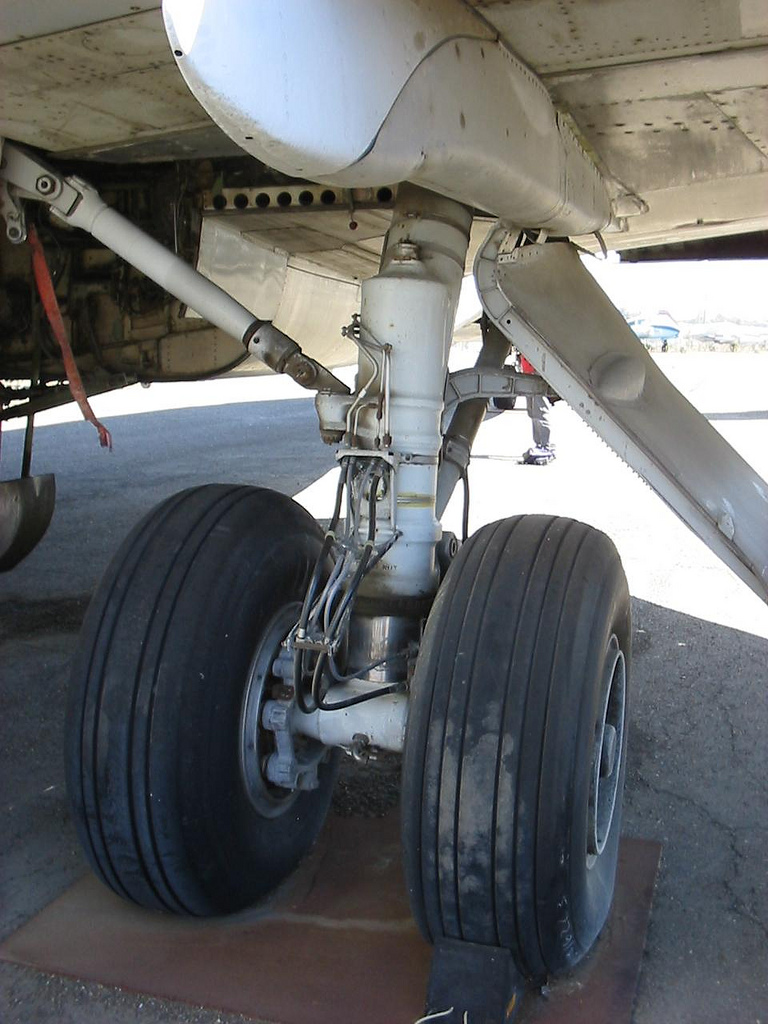 Ever think about all the different vehicles that use rubber tires? Tractors, industrial equipment, everything else that rolls on rubber?
Ever think about all the different vehicles that use rubber tires? Tractors, industrial equipment, everything else that rolls on rubber?
Each specialized type of tire requires a specialized design for its specific purpose. Aircraft tires, for instance, have to be very robust and handle a great deal of weight and stress, but for only a short period of time. Aircraft tires are often filled with an inert gas such as nitrogen, for more stable inflation levels, and are designed with specialized fusible plugs which provide a safer failure mode (rather than a sudden, catastrophic tire explosion).
Off-the-road tires, for vehicles such as graders or mining equipment, operate at low speeds but have to be able to withstand severe service conditions while ha ...[more]
Make Sure Your Car's Ready For Winter!
You know that winter and bad weather are coming. Is your car ready? Here’s a quick checklist of things to get up to speed on:
Motor oil: Motor oil has a tendency to thicken in cold weather, making it harder to circulate to upper engine parts at startup. If you haven’t ever used synthetic oil 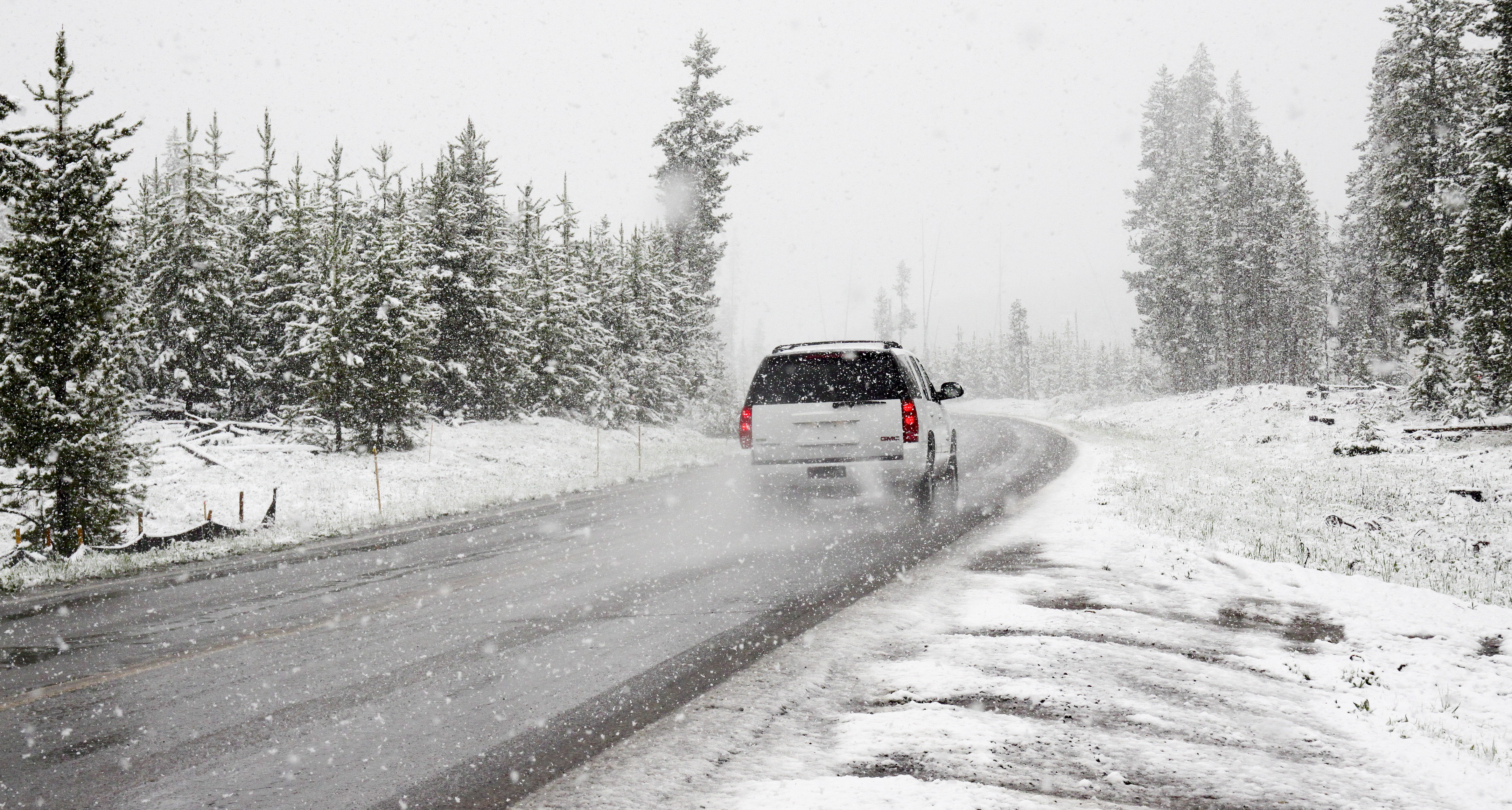 before, this might be a good time to start. The flow properties of synthetic oil are a lot more consistent, meaning it doesn’t thicken in sub-freezing temperatures or thin out when it’s hot outside.
before, this might be a good time to start. The flow properties of synthetic oil are a lot more consistent, meaning it doesn’t thicken in sub-freezing temperatures or thin out when it’s hot outside.
Wipers: Even the best windshield wipers only last about a year. If your wipers are showing cracks or chips or losing strips of rubber, go ahead and replace them. Don’t forget to refill your washer fluid reservoir…you’ ...[more]
No Spare Tire?
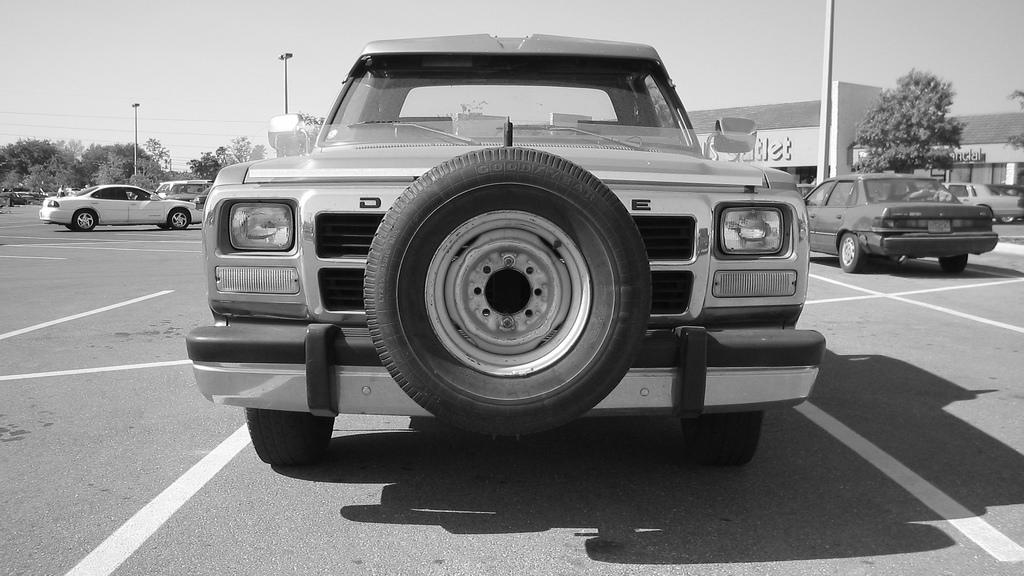 and cost. When you're stuck by the side of the road, though, none of that really matters much, does it?
and cost. When you're stuck by the side of the road, though, none of that really matters much, does it? Things To Look For When Buying a Used Car
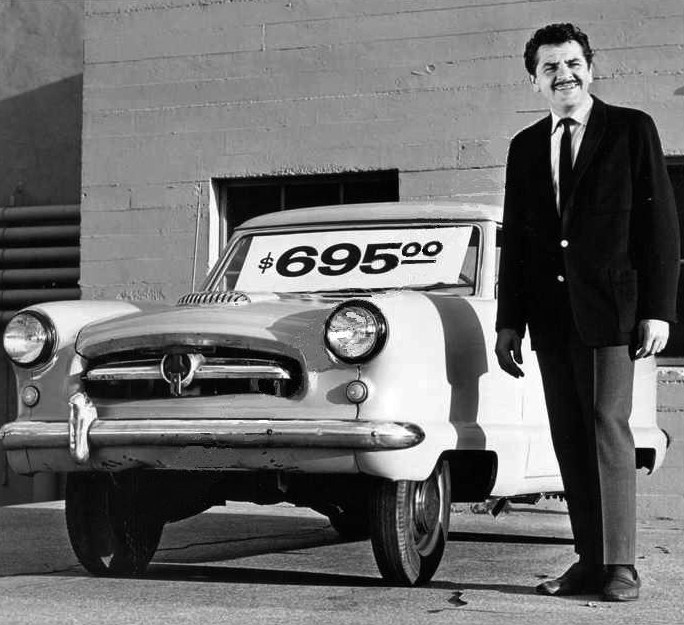 technician can use onboard diagnostics to get a good picture of what's going on under the hood and what problems might be coming up.
technician can use onboard diagnostics to get a good picture of what's going on under the hood and what problems might be coming up. Which Type of Tire Tread Do You Need?
 choices of tread patterns. What differentiates them, and what are the pros and cons of each tread design?
choices of tread patterns. What differentiates them, and what are the pros and cons of each tread design? Tips On How To Keep Your Car Organized!
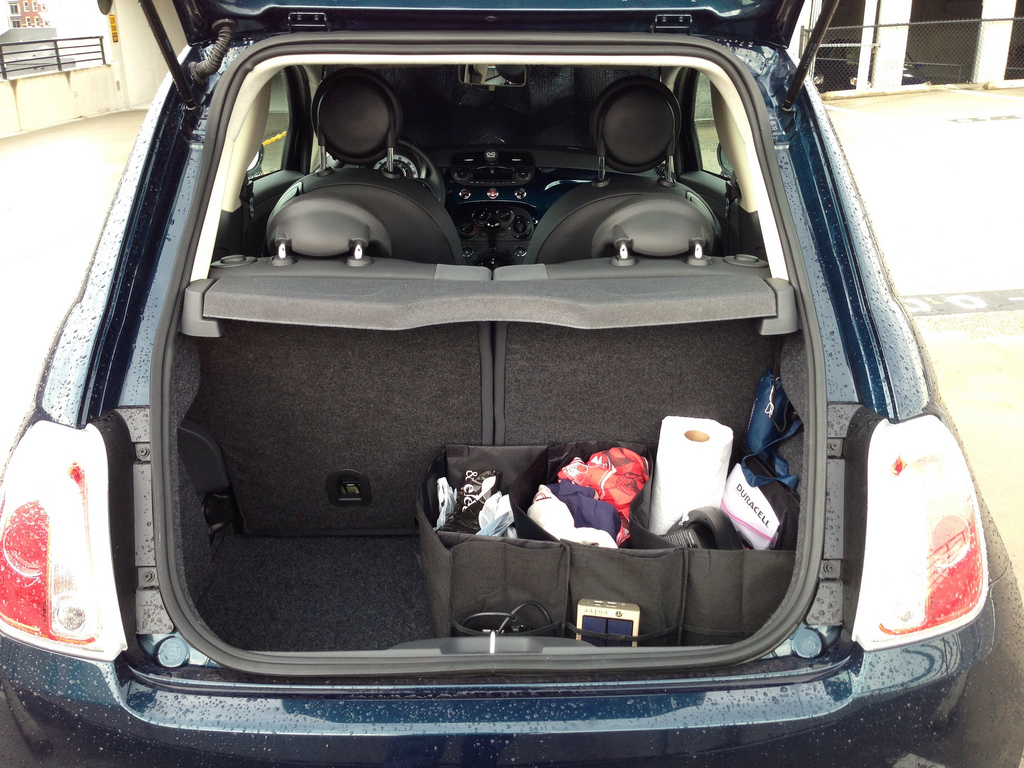 vehicle -- minivans, SUVs -- and the more people they haul, the more disorganized they can get. Don't let your minivan turn into a rolling dumpster -- here are some great ideas for keeping it organized.
vehicle -- minivans, SUVs -- and the more people they haul, the more disorganized they can get. Don't let your minivan turn into a rolling dumpster -- here are some great ideas for keeping it organized. A Brief History of the Tire
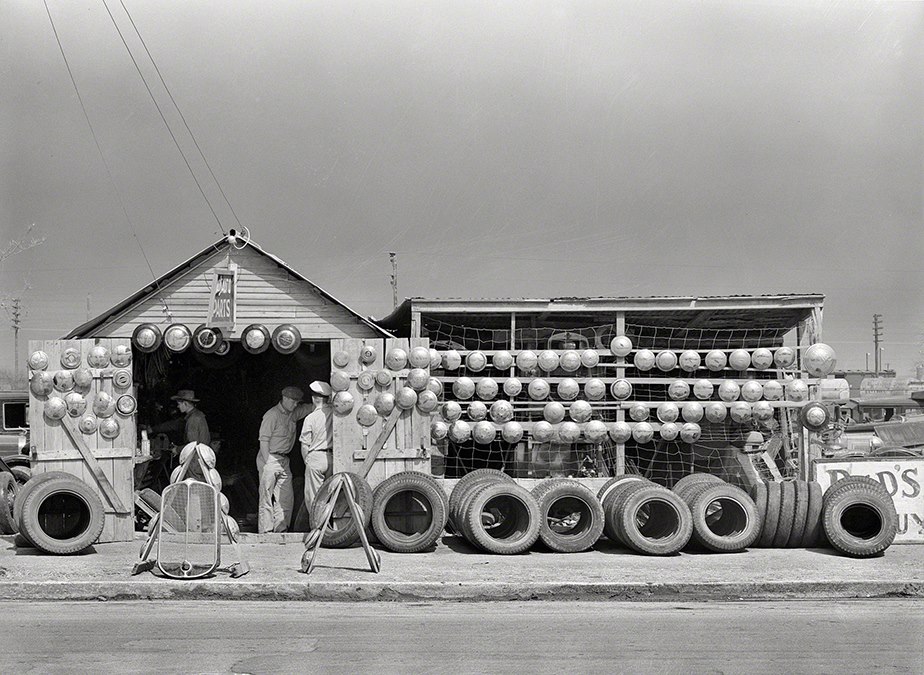 technology, the tire has an interesting history of advances and failures.
technology, the tire has an interesting history of advances and failures. What's Leaking From My Car?
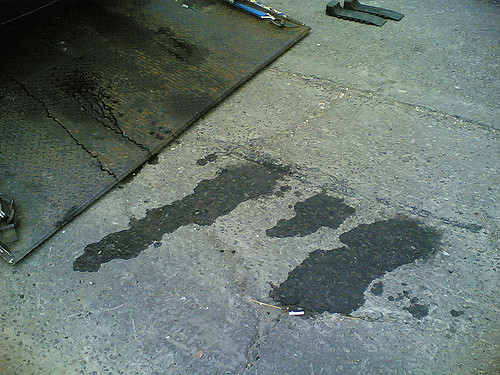 feeling. What could it be?
feeling. What could it be? | << Previous | 91011121314151617 | Next >> |



